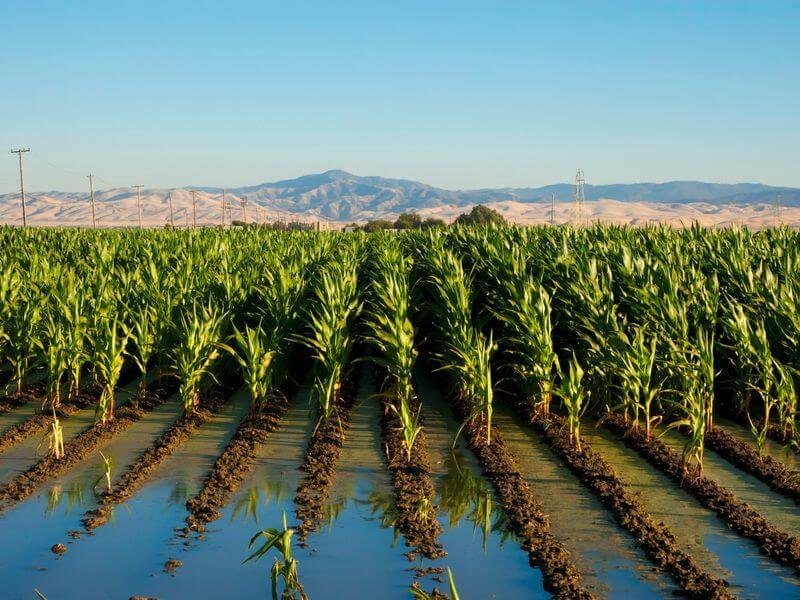A soil biologist and co-director of the University of Sheffield’s Institute for Sustainable Food, [Duncan] Cameron had long known that the amount of farmland capable of growing nutrient-rich crops was shrinking, but he didn’t know how fast.
For the previous year, Cameron’s team had analyzed the scattershot data available on arable land loss, and what they found was disturbing: in the past four decades, the world lost up to one-third of its arable land to soil degradation and resulting erosion. Without alternatives, already fragile agricultural systems are on the verge of collapse, raising the prospect of a world filled with farms that can’t grow enough food.
…
As sea levels rise, salt levels are creeping up in the rivers and underground aquifers that irrigate fields – particularly those low-lying areas close to vast river deltas. Across the world, farmland is drying out which raises salt levels and interferes with nutrient uptake and damages tissues.
…
Luke Young and Rory Hornby filed for a provisional patent in February for a technology they believe will break the seawater tolerance barrier. Young and Hornby are the cofounders of Agrisea, a Canadian startup that’s working to develop gene-edited salt-tolerant crops with the goal of soon growing them in floating farms placed in sea-flooded plains or anchored directly in the ocean.































